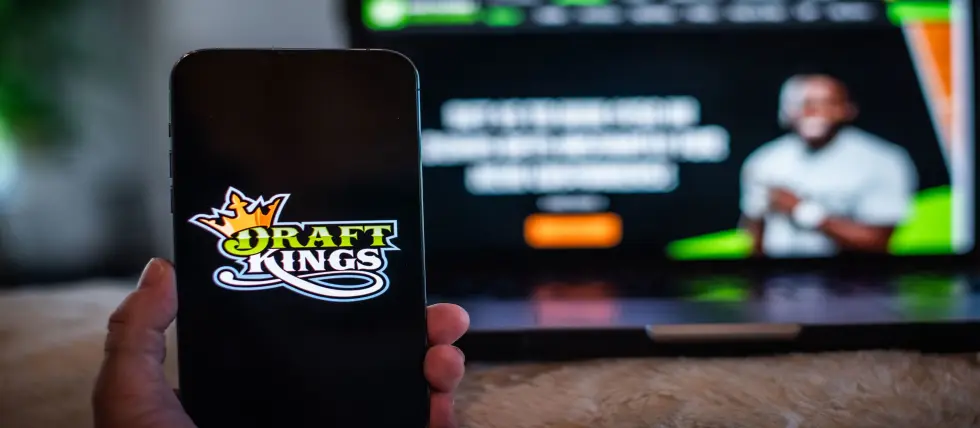Lawsuit against DraftKings in Massachusetts Moving Forward
Sports betting and iGaming operator DraftKings has been unsuccessful in its attempt to dismiss a lawsuit that challenges the fairness of its $1,000 signup bonus promotion.

The lawsuit, which was initiated in Middlesex Superior Court last December, has been a focal point of scrutiny as it alleges that the promotion practices of DraftKings were "unfair and deceptive," and the company will have to explain in court how they weren't. The legal action, classified as a class action suit, was filed in December of last year by Northeastern University School of Law's Public Health Advocacy Institute (PHAI). Joining it was the university's Center for Public Health Litigation.
This lawsuit represents a significant stance taken by the PHAI against what it perceives as predatory promotional tactics aimed at inexperienced bettors. The rejection of DraftKings' motion by the court has set the stage for the next phase of legal proceedings, with a hearing scheduled for December 10.
At the heart of the lawsuit is the claim that Massachusetts residents were misled by DraftKings' widely advertised promotion. The plaintiffs, Shane Harris and Melissa Scanlon, both residents of Massachusetts, have been named in the suit as representatives of the class of individuals who were allegedly deceived. The suit contends that the promotion's terms were not made sufficiently clear to the consumers, particularly highlighting the complexities involved in qualifying for the advertised $1,000 bonus.
According to the details of the lawsuit, customers who signed up for a DraftKings Sportsbook account were ostensibly unaware of the stringent conditions attached to the bonus. The suit points out that to be eligible for the bonus, new customers were required to deposit a minimum of $5,000 into their accounts.
Furthermore, they had to engage in betting activities ranging from $15,000 to $25,000 within a specified timeframe on certain bets to qualify for the bonus. This aspect of the promotion has been a critical element of the lawsuit, as it raises questions about the transparency and fairness of such promotional offers.
The controversy extends to the nature of the bonus itself, with the lawsuit asserting that the class members were not informed that the bonus would be credited in the form of DraftKings credits, which could not be withdrawn as cash. This revelation has added another layer to the debate over the ethical implications of such promotions, especially as they pertain to consumer rights and protections.
More Business News
 Business
Business
Florida Man Arrested in Alleged Hurricane-Related Construction Fraud Targeting Elderly
Dec 23, 2025Redefining Gambling and Betting Promotions
The case could have far-reaching implications for the online sports betting industry. It highlights the need for clear communication and transparency in promotional offers, ensuring that consumers are fully aware of the terms and conditions of such deals.
The outcome could have several potential consequences for DraftKings, as well. If the court rules against the company, it could face significant financial penalties, including restitution to affected customers and possibly punitive damages. Additionally, DraftKings may be required to alter its promotional practices to ensure greater transparency and fairness, which could involve substantial changes to its marketing strategies and terms of service.
Moreover, a ruling against DraftKings could set a legal precedent that might influence the regulatory environment for online sports betting, leading to stricter industry standards and oversight. Lastly, considering the company's history of legal challenges, this case could contribute to a pattern of litigation that might have long-term implications for its operational and financial stability.
RELATED TOPICS: Business
Most Read
AGCO Updates iGaming Standards Ahead of Centralized Self-Exclusion Launch
Dec 19, 2025Must Read
 Interviews
Interviews
Exclusive Interview: Levon Nikoghosyan Shares AffPapa Winning Formula for Successful iGaming Events
Dec 03, 2025 Interviews
Interviews






Review this New Post
Leave a Comment
User Comments
Comments for Lawsuit against DraftKings in Massachusetts Moving Forward